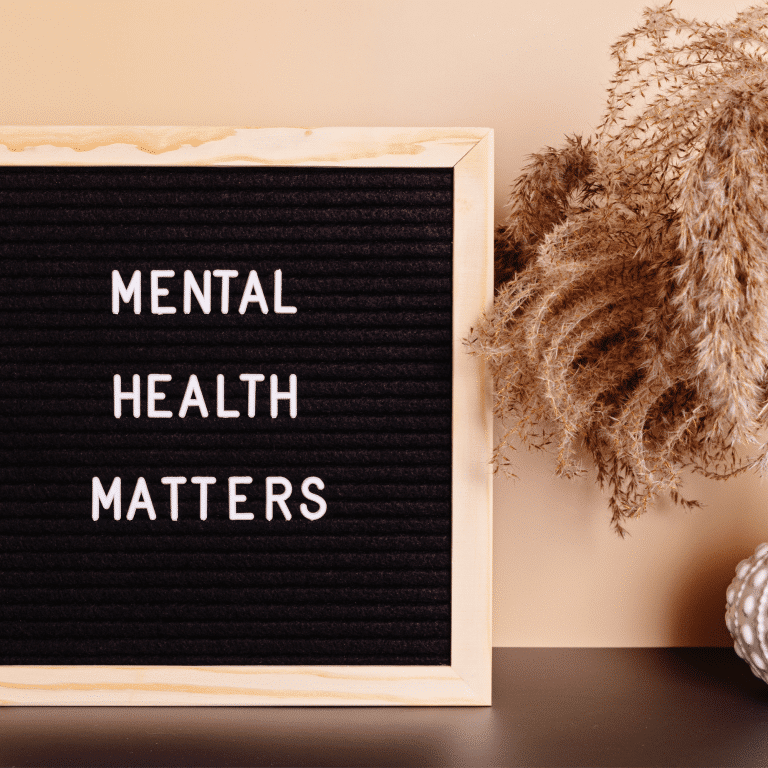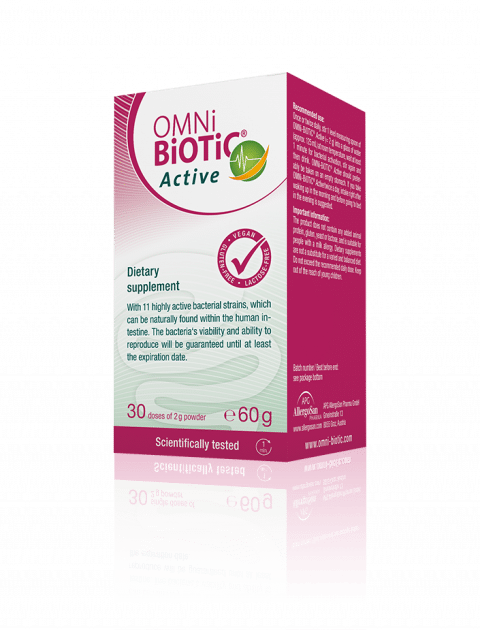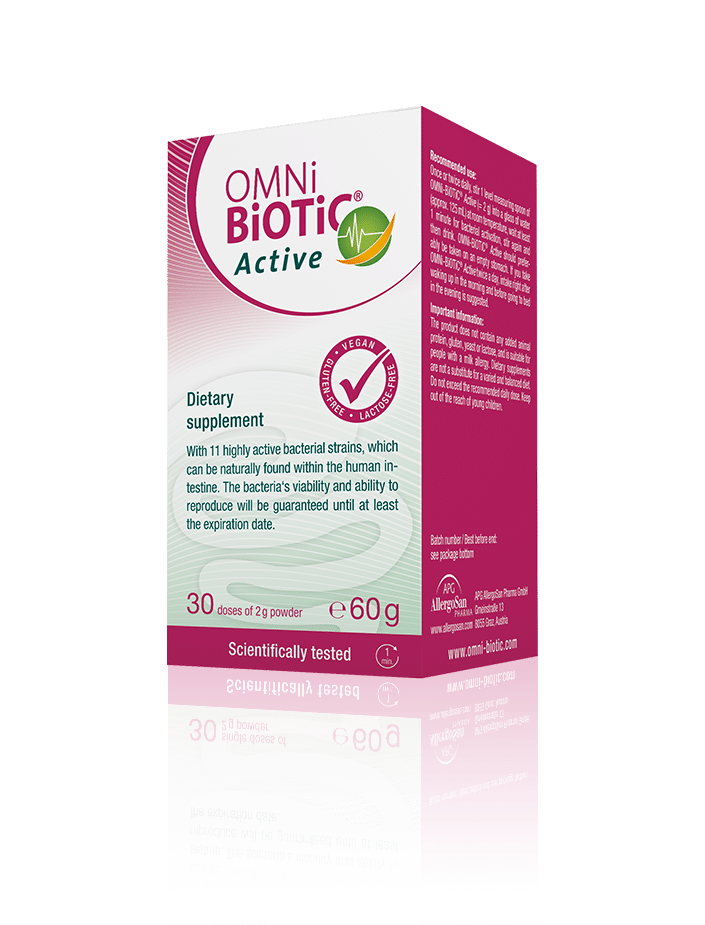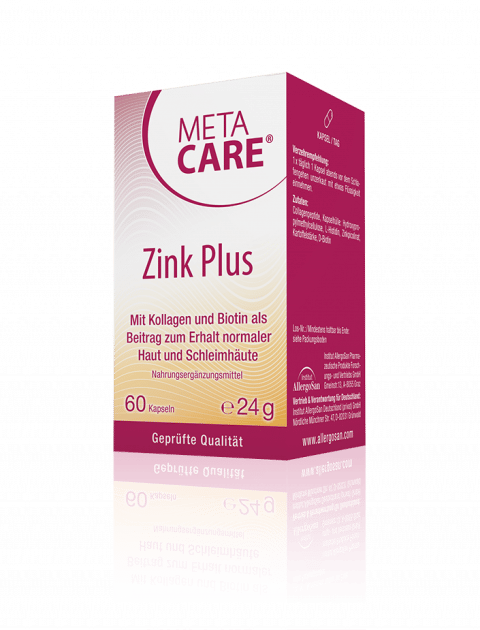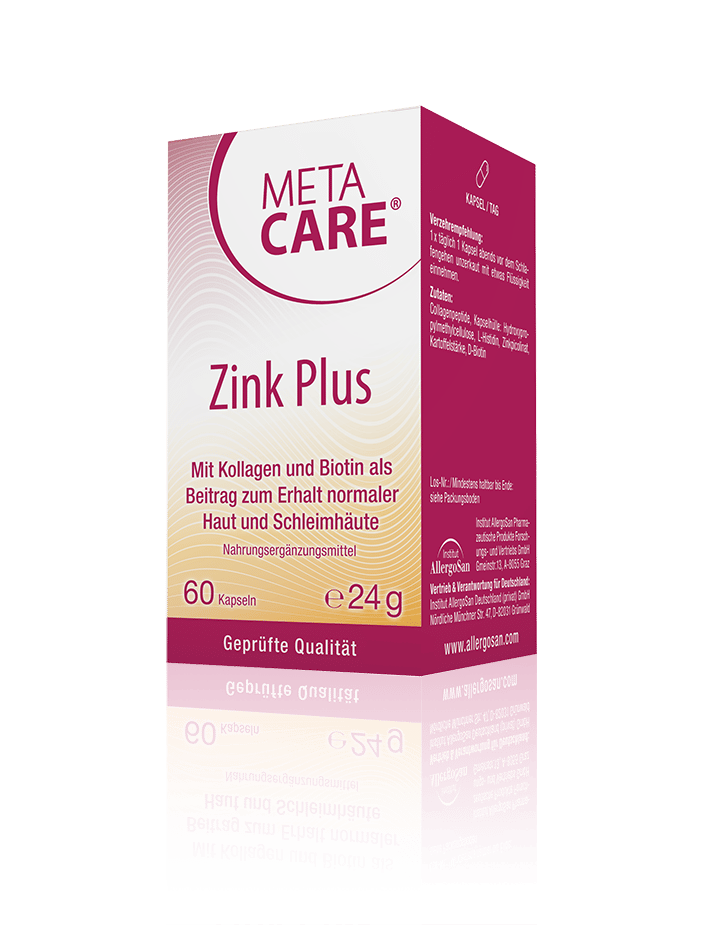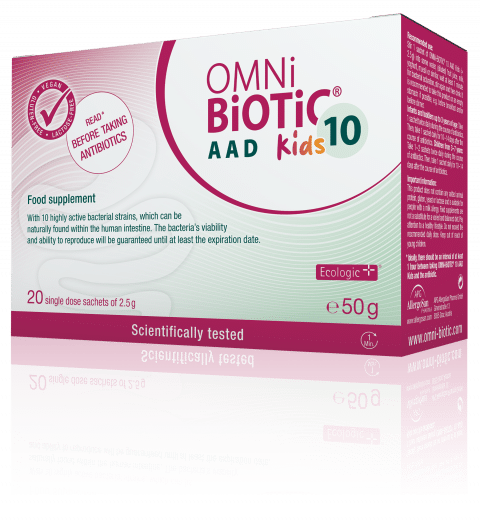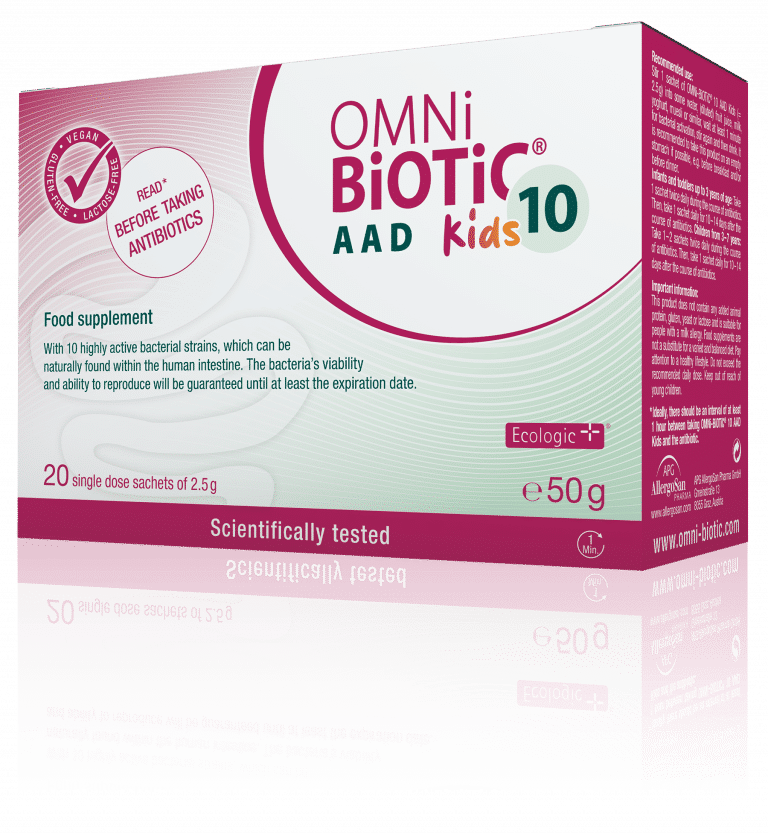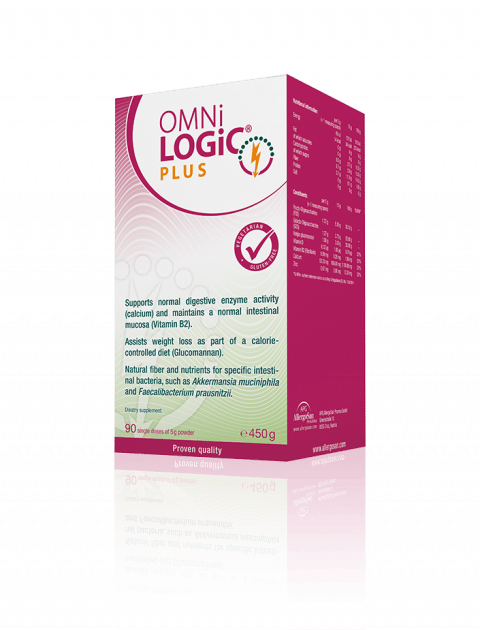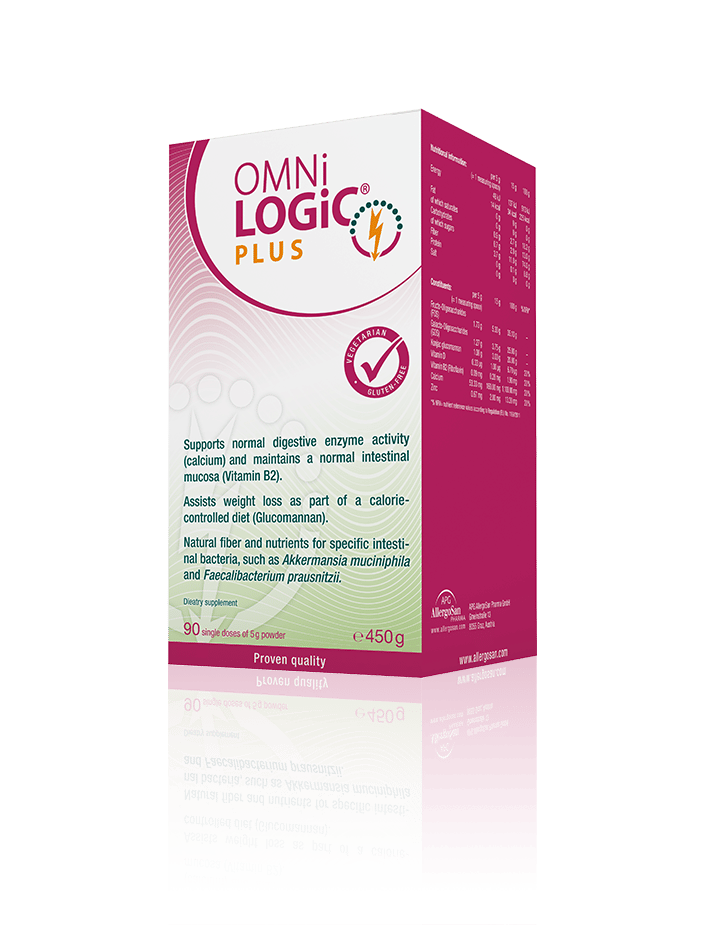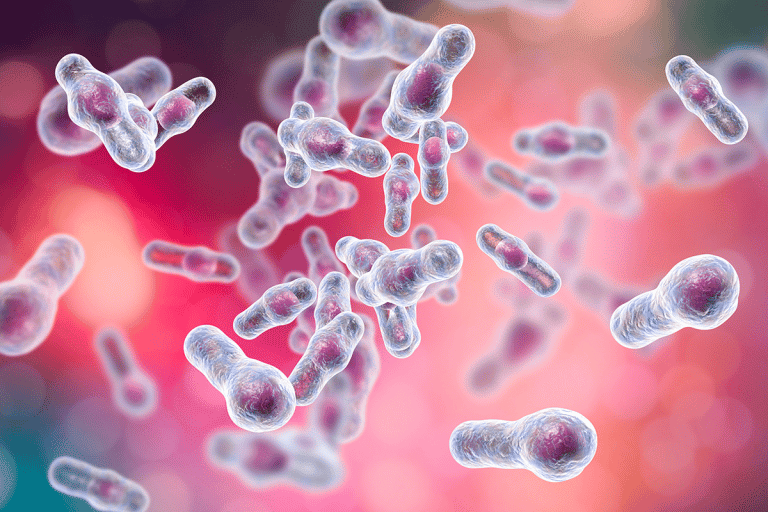
Annika Wessendorf, M.Sc.
Gut Health, Stress & Sleep
Stress, Sleep and a Healthy Gut
We are all familiar with stress. Often stress also leads to sleep problems, because after a stressful day the carousel of thoughts keeps turning and it is difficult to switch off. Stress hormones are to blame, keeping body and mind awake and hindering well-deserved rest. Worries, questions and the often pointless rumination of unsolved problems rob many people of sleep. Whether problems falling asleep or sleeping through the night – an overall restless sleep or too little sleep lead to sleep deprivation and subsequently to daytime tiredness, lack of concentration and a weak nervous system. We are irritable, more easily overstressed and the everyday challenges stress us all the more. A vicious circle that increases stress and lack of sleep.
Your gut and nervous system – an important connection

The name gut-brain axis already reveals how much our digestive organ is connected to our well-being: Nerve guidance pathways run from the intestine directly to the central nervous system located in the head. A large part of the communication runs from the intestine to the brain, only ten percent of the signals come from the head brain to the stomach brain. This underlines the autonomy and independence of our gut nervous system – and why we should give our gut feeling the attention it deserves. The two organs are always in direct exchange. So it’s no wonder that stress, mental strain and sleep problems are also controlled by our gut. Disturbances in this nerve pathway can even influence neurological and psychological illnesses. The intestinal nervous system promotes the movement of the intestines and the absorption of nutrients. It also reacts to impulses from the brain when our nervous system releases stress hormones via the hypothalamus-pituitary-adrenal (cortex) axis during stress. This produces inflammatory messenger substances. They promote inflammatory processes and stress the intestinal barrier. This is how undesirable substances enter the body.
Stress weakens the protective barrier in the gut
Chronic overload, hectic and pressure has a variety of effects on our intestinal nervous system and intestinal bacteria. A healthy intestine forms a tight barrier between the intestinal contents and the rest of the body tissue. The so-called tight junctions seal the intestine off from the outside so that bacteria and harmful metabolic products cannot enter the body and bloodstream. Stress can soften this intestinal barrier. Stress hormones attack the tight junctions and break them down. As a result, leaky gut syndrome can develop. This in turn is suspected of triggering other diseases such as diabetes, obesity, fatty liver and depression. Chronic stress in particular, to which you are exposed for too long and which lacks the important balance, weakens the important intestinal barrier. Short periods of stress are part of life. We have to learn to deal with them – and take countermeasures in time when it becomes too much! To a certain extent, our body and a balanced gut can buffer the stress and repair a leaky gut barrier. A healthy lifestyle – balanced food, exercise, good work-life balance and relaxation methods – form the foundation for this.
Stress Relief = Better Sleep Quality
Pre- and probiotics can help rebalance the gut to build up enough resilience against the vagaries of life. Studies show that probiotics could lower the concentration of the long-term stress hormone cortisol – an indication of lower stress levels in the body. In the future, so-called psychobiotics could be a complementary strategy against stress-related illnesses – the further research still needed on this should yield exciting results. Our health-promoting co-inhabitants in the intestine can do even more in terms of relaxation: some intestinal bacteria produce short-chain fatty acids such as gamma-amino-butyric acid (GABA) and butyrate. These metabolites have an effect all the way to our thinking organ and also protect the nerve plexus there. GABA can calm our nerves and promote sleep. Evidence from research also shows that a diverse gut microbiota is associated with healthy sleep. Thus, the microbiota also influences our mood, behaviour, concentration and memory, and thus indirectly our ability to cope well with stress and to sleep in a relaxed manner.
The importance of Fibre – Good gut bacteria love fibre-rich foods!

A functioning intestinal barrier is the be-all and end-all. Well-nourished intestinal cells have enough energy to tightly seal the intestinal barrier and repel invaders. Intestinal cells feed on the metabolic products of intestinal bacteria. To promote the good gut bacteria – and thus provide as much energy as possible for the gut barrier – a diet rich in fibre is the way to go! Eat lots of foods that your beneficial gut bacteria appreciate. In particular, a plant-based diet – vegetables, fruits, whole grains – leads to an increase in butyrate-forming bacteria in the gut. Researchers have shown that these good roommates in our digestive tract decreased with excessive consumption of meat-containing foods. High-fibre, plant-based foods provide a good food source for the desired gut bacteria. Some prebiotics consist of the particularly valuable types of fibre and therefore have a similar effect to a high-fibre diet. They promote the growth of the desired intestinal co-inhabitants. Bifidobacteria and lactobacilli also protect the intestinal barrier and ensure the formation of calming messenger substances for the brain. You can feed these bacteria specifically with foods rich in resistant starch: cooled potatoes, peas, some unripe bananas, as well as sour milk products such as yoghurt or lactic fermented vegetables such as sauerkraut. Probiotic supplements or drinks with these strains of bacteria can supplement the range.
»Annika Wessendorf is a graduate oecotrophologist (FH) and health scientist (M.Sc. Consumer Health Care) and writes in particular about intestinal health and the fascinating co-inhabitants in our gut.
https://www.xing.com/profile/Annika_Wessendorf/cv
